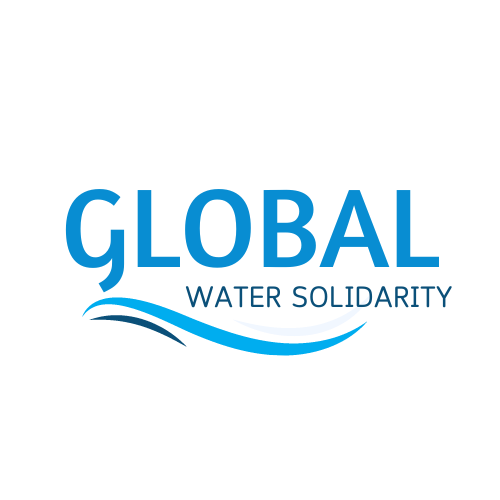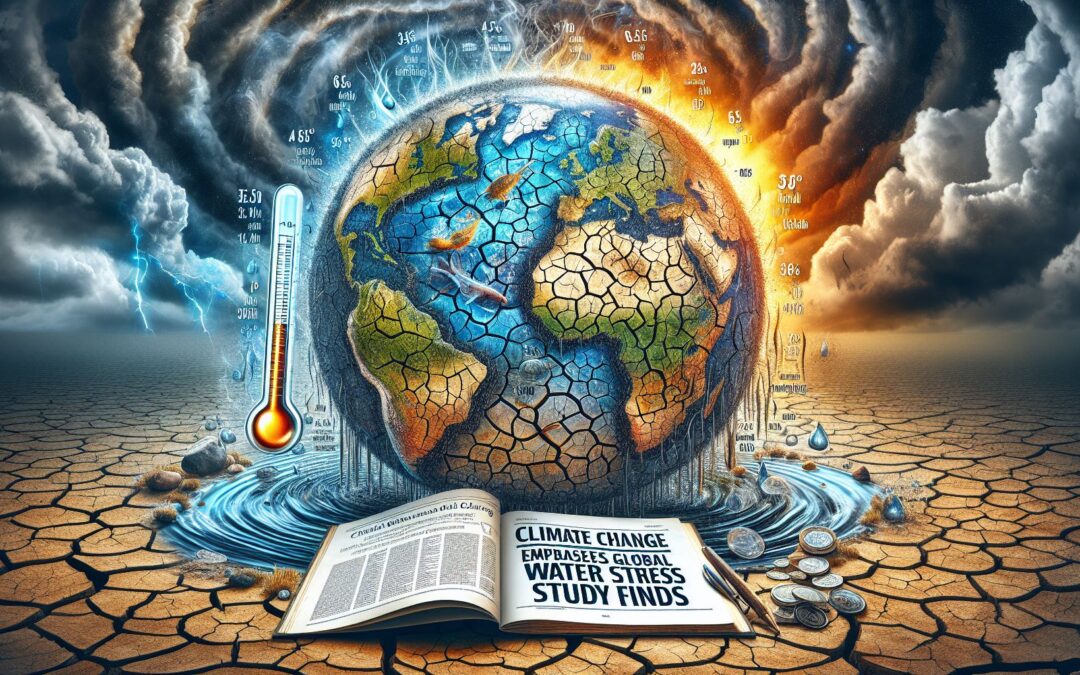In an increasingly warming planet, evidence is emerging that climate change is not only a crisis in itself, but also a magnifier of other crises. Among the most notable of these interconnected challenges is water stress— the strain on freshwater resources due to rising demand and decreasing supply. Scientific studies and empirical evidence show that climate change is exacerbating global water stress by altering precipitation patterns, reducing ice and snow reserves, and causing sea-level rise.
The Connection Between Climate Change And Water Stress
Water is a fundamental resource for life, livelihoods, and economic development. However, its availability isn’t uniform across the globe. Some regions have abundant water resources, while others suffer chronic water scarcity. The situation is becoming even bleaker in the context of climate change. Rising global temperatures are leading to changes in weather patterns, which in turn, influence the distribution, timing, and quantity of precipitation. Some regions are experiencing more intense droughts, while others are facing unprecedented floods.
According to the United Nations (UN), climate change is expected to exacerbate water scarcity in already water-stressed regions, making it harder for these localities to meet the demands of agriculture, energy, and a fast-growing population[^1^].
The Impact On Glacial And Snow Reserves
Climate change is also severely impacting the world’s glaciers and snow reserves. Mountainous regions, though seemingly water-rich, stand to lose significant water supply as glaciers are a replenishing source of fresh water to mountain streams and rivers. The ongoing melting of glaciers due to rising temperatures is threatening to deplete these critical water reserves.
As per a 2019 study, two-thirds of the Himalayan glaciers, the world’s “Third Pole,” could melt by the end of this century if global warming continues unabated[^2^]. This would profoundly affect Asian countries depending on these glaciers for their water source in terms of both quantity and seasonality.
Sea-Level Rise And Its Effects
One of the less obvious yet concerning impacts of climate change on water resources is sea-level rise. Rising sea levels driven by climate change are causing coastal flooding and saltwater intrusion into freshwater resources. This contamination of freshwater resources affects the availability and quality of water for drinking and irrigation.
The Way Forward
Addressing the intertwined challenges of water stress and climate change is no easy feat. It necessitates a multifaceted approach that includes advancements in technology and policies, shifts in behavior, and improved water governance.
At the heart of this effort should be the promotion of sustainability. That means recognizing the value of water in all its forms and encouraging its conservation. Water users, from households to industries, need to adopt water-efficient practices, eliminating wasteful behaviors.
Investing in green and sustainable infrastructure, such as restoring watersheds and building resilient water supply systems, can foster better water management under a changing climate. Besides, implementing stringent regulations can control water pollution, thereby improving the quality of available resources.
Finally, international cooperation is vital. Water knows no borders, and neither does climate change. Countries must collaborate to protect shared water resources, establish regulatory frameworks, and support research and innovations that contribute to water and climate resilience.
In conclusion, the warning signs are clear: we need urgent action to address climate change, which is exacerbating global water stress. Making smart choices today can secure our water future and help us build a resilient and sustainable world.
[^1^]: United Nations. (2018). Climate Change: A Global Concern. New York, NY: United Nations.
[^2^]: IPCC, 2019: Summary for Policymakers. In: IPCC Special Report on the Ocean and Cryosphere in a Changing Climate [H.-O. Pörtner, D.C. Roberts, V. Masson-Delmotte, P. Zhai, M. Tignor, E. Poloczanska, K. Mintenbeck, M. Nicolai, A. Okem, J. Petzold, B. Rama, N. Weyer (eds.)]. In press.

